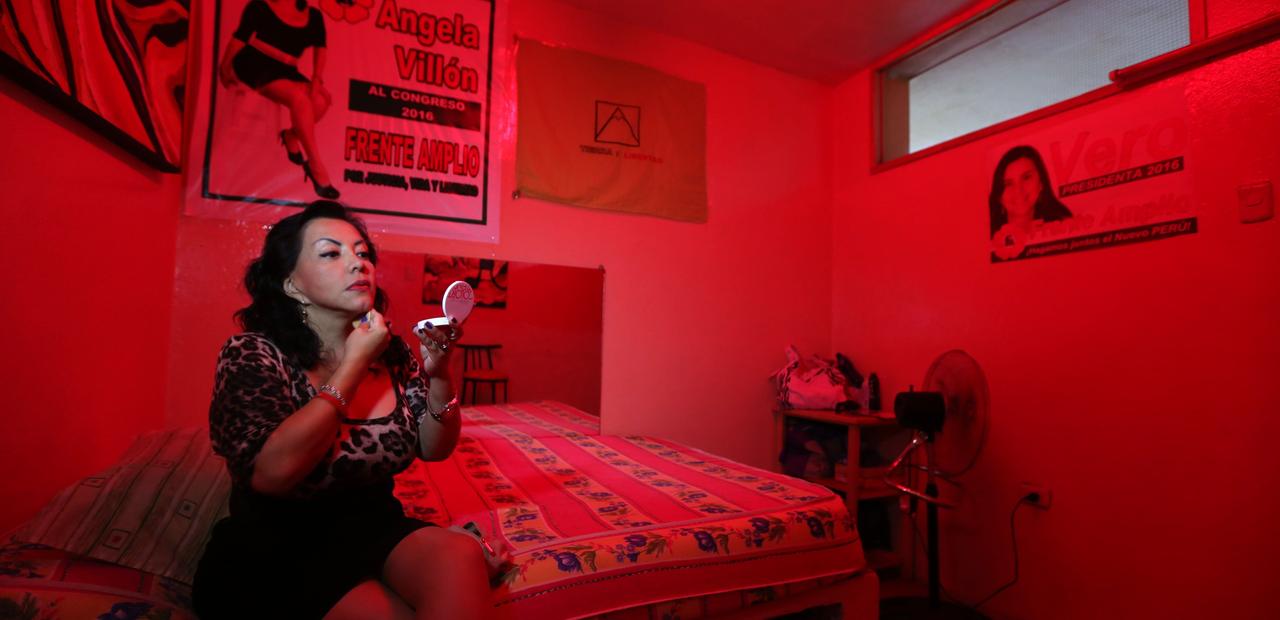(CR!S) Prostitution is not the oldest profession, but the “oldest oppression,” writes former U.S. President Jimmy Carter in a controversial editorial for The Washington Post. titled, “To curb prostitution, punish those who buy sex rather than those who sell it”.
In the opinion article, the 39th president of the United States, and founder of the nonprofit Carter Center, said he does not believe consensual work exists and strongly disagreed with assertions that prostitution can be an affirmation of female agency: “[But] I cannot accept a policy prescription that codifies such a pernicious form of violence against women.” He then suggested a change in policy “consistent with advancing human rights and societies,” but certain critics are finding faults with his proposal.
Carter favors “the Nordic model” and his 2014 book, “A Call to Action: Women, Religion, Violence and Power,” when explaining why he disagrees with human rights organizations such as Amnesty International, and UNAIDS on the decriminalization of sex work.
The Nordic model, adopted in Sweden, Canada and France, decriminalizes the selling of sex, while pimping and buying of sex, remain illegal. “Normalizing the act of buying sex also debases men by assuming that they are entitled to access women’s bodies for sexual gratification,” Carter writes. “If paying for sex is normalized, then every young boy will learn that women and girls are commodities to be bought and sold.”
See also: 100 Countries and Their Prostitution Policies
Ok, so what about the Costa Rica model, a model used pretty much throughout Latin America?
In the Costa Rica model, the buying and selling of sex is legal. What the law forbids promoting or facilitating the prostitution of another, and therefore pimping or prostitution rings. And promoting sex tourism. In all cases, any involvement of minors (under the age of 18) is illegal. Period.
This model allows a person, typically a woman, to excercise her right to do what she wants with her body and in most cases a means of financial freedom.
Unlike in the United States, for example, the majority of sex social workers (a much better term than prostitute) use prostitution as a means to support their families, pay for education and even fund a start up business.
A study estimated that “up to 10% of tourists who come to Costa Rica engage in sex”, offering sex social workers, many of whom are immigrants, economic benefits they could not realize through ‘regular’ employment.
In an article titled “On Edge in Costa Rica“, in October 2004, Linton Weeks, Washington Post staff writer, writes, “Costa Rica can be hard. And it can be easy. It can be perturbing and paradisiacal. It can be restrictive: No nudity on the beach. And it can be permissive: Prostitution is legal. The country has a split personality and the ironies make the ‘rich coast’ even richer.”
Not much has changed since.
CRS has done something we’re not sure President Carter has ever tried: talked to sex workers about it.
What we found is that “laws against buying sex and against the organization of sex work can harm sex workers.”
With prohibition sex workers will be ‘pressured’ to work with pimps, use whatever means to avoid police, resulting not only in the loss of control, but compromise their safety, having to work in alleys instead of safe and comfortable environments, like a bar and/or hotel friendly to sex workers.

Landlords and hotel operators facing potential prosecution for allowing sex workers in could shut their doors to them, forcing sex acts in unsafe and insanitary conditions. It would also lead to sex workers being trafficked, coerced, or forced by desperate circumstances.
By not making it illegal, as is the case in Costa Rica, sex workers can work safely and by choice, can feel empowered, it is all consensual.


